It’s time to stop balking at the Balkans.
The droves of tourists elbowing each other through Greece and Croatia are too busy boarding packed ferries and waddling through sweaty crowds to notice the other country right there, sandwiched conspicuously between the two. Albania, a less-traveled but comparable Ionian coast paradise, offers many of the same enticing qualities of its more famous next-door neighbors.
Along Albania’s Riviera, crystal-clear, vivid blue sea, the beaches are plentiful, juxtaposed with hidden caves rising inside of coastal cliffs like cathedrals. Small seaside towns bleach in the Mediterranean sun, their boardwalks lively with cafes by day and buzzing with revelers when the sun goes down. Beyond the beaches, well-preserved, picturesque towns each boast their own distinct character and ancient charm, their windows peering over the landscape like a thousand eyes, gazing across the fertile rolling hills that nourish leafy vineyards and silvery-green groves of gnarled olive trees.
Robust farmland and abundant seas yield the ingredients of a fresh and flavorful cuisine that is edible evidence of Albania’s cross-cultural influences. The skeletal stone ruins of the Romans stand crumbling next to silted-up rivers, while in the capital city, the remains of fallen regimes coexist with the dynamic spirit of a modern-day metropolis.
Recommended Fodor’s Video
The distinct advantage of traveling to Albania is that tourists do not flock here with the same fervor as those traveling to Greece or Croatia, freeing up more space on the beach and in hotels and restaurants. Even during the summer on the Albanian Riviera, it is possible to find empty beaches and last-minute affordable and appealing accommodations. The number of visitors that descend on Albania’s beach towns are nowhere near the high-season levels of Dubrovnik or Santorini, two beyond-stunning locales that are positively swarming with tourists. On top of that, Albania is affordable—money goes a lot farther here than in other, more popular destinations. So, what else sets Albania apart from its more glamorous neighbors? Read on.
Albania Is Home To Jaw-Dropping Mountain Views
In northern Albania, a dense range of forlorn mountain peaks stand in solitude, cleaved by the azure rivers that course through their lonesome canyons. Known as the Accursed Mountains, the dark intensity of this designation reveals that there is much more to this region than dramatic landscapes. A deep local culture has existed for centuries, secluded in this remote corner of the Balkans. Although much has changed here since the people of the region conducted their lives and all matters through the laws of the Kanun, a tribal text that outlines the rules of conduct by which everyone must adhere, the traditions here continue, less overt than in the past but continuing to inform the local psyche nonetheless.
Even during the summer on the Albanian Riviera, it is possible to find empty beaches and last-minute affordable and appealing accommodations.
Tour companies in this mountainous region offer well-organized treks connecting small villages on through-hikes across marvelous and diverse terrain, replete with translucent turquoise pools and shimmering waterfalls. The trails, blooming with wildflowers and shared with wandering cows and goats, reveal glorious views at every turn. Post-hike, guests can relax in charming guesthouses nestled in postcard-worthy valleys surrounded by lofty peaks. The food is fresh and locally grown, and before it ever appears on the table, it can be observed as vegetables growing in well-tended garden patches or plump chickens clucking through the grass.
After dinner, guests can enjoy an evening of sipping (or slugging) the popular spirit raki and then either sleep it off in their simple yet modern wooden cabin or go for a cold plunge in a mountain stream. Tour stops also include stone towers of cultural significance called kullas that bring to life the traditions of the people who call this beautiful yet challenging land their home.
Go As Local is a tour company that offers comprehensive tours with thoughtful itineraries and knowledgeable guides. Visitors can participate in all-inclusive, multi-day tours of the Albanian Alps in the north, the Riviera in the south, and everything in between.
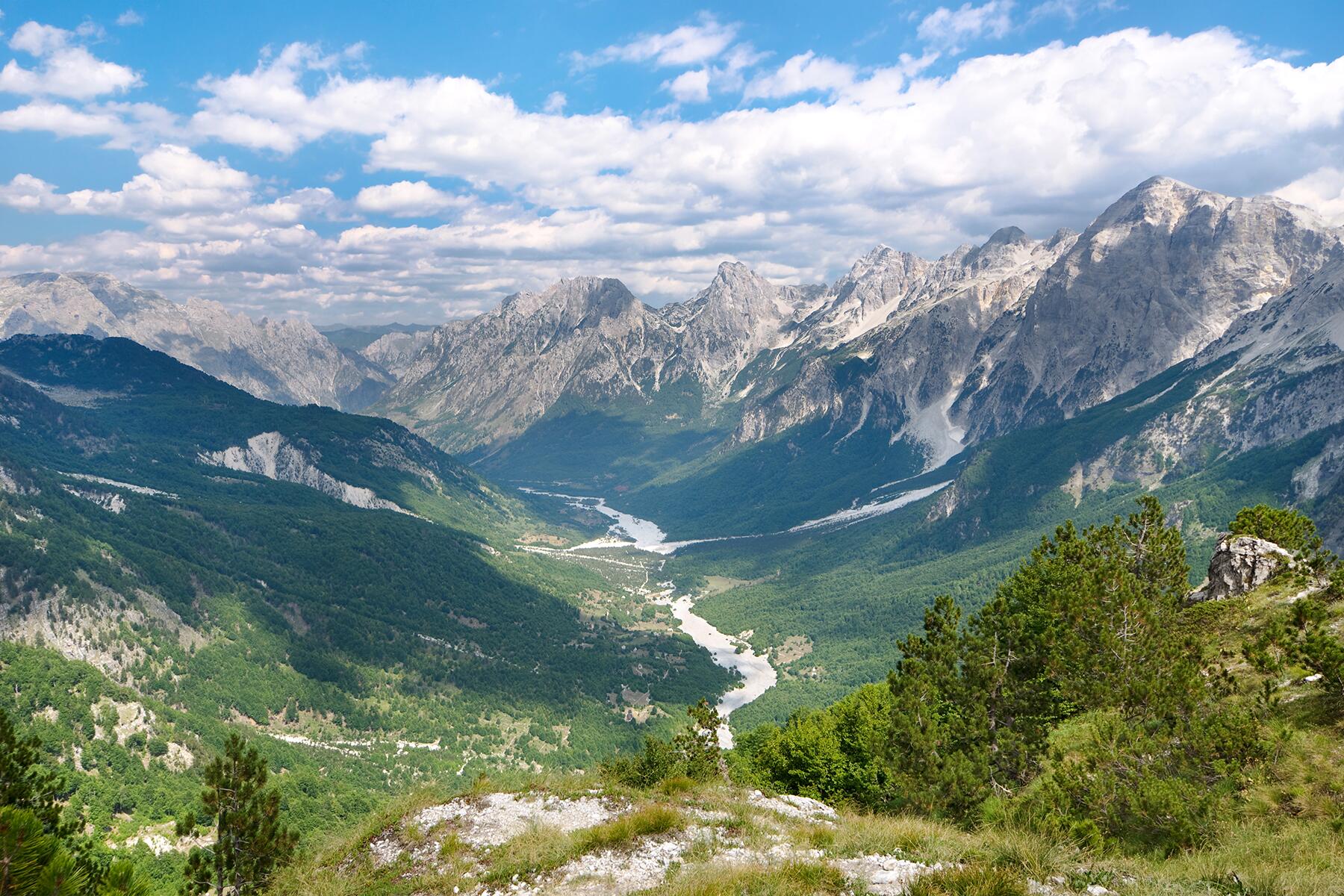
A History That’s One for the Books
Albania’s history is one of the most intense stories of 20th-century Europe. After the wartime invasion and subsequent occupation by both the Italians and the Germans, the communists took control, plunging the country into North Korea-levels of complete paranoid isolation from the rest of the world until their collapse in 1991. Remnants of this decades-long isolation are still visible today—the countryside is pock-marked with the ghostly domes of concrete bunkers, and there is a noticeable lack of recognizable international chains—and provides an explanation as to why Greece and Croatia are more familiar with the collective global consciousness. Those countries have spent more time perfecting their coastal Balkans tourism game than Albania, thanks to governmental policies that granted their citizens basic individual freedoms and allowed for outside influence—societal realities that were denied to Albanians for almost half a century.
In Albania, the Guest Is Gold
In Albania, especially in the north of the country, there is an extreme reverence for the guests and showing hospitality to visitors. Albanians are welcoming, friendly, and open, which is remarkable for a country that was isolated from the rest of the world for so long. A benefit of visiting a country with such hospitable people (besides feeling welcome and cared for) is that their kindness can inspire visitors to be more considerate, too.
The Cafe Scene in the Capital City Is Unbeatable
Tirana is a city that feels like the sort of place people will be nostalgic for once prices rise and people move in. As Albania’s progressive and modern center, there are plenty of things to do and see in the capital. Visitors will immediately notice the abundance of next-level, beautifully designed cafes. Open, airy, and adorned with plants and thoughtful decor, these cafes encourage passing the hours in their inviting embrace. Bars and restaurants line the streets of trendy, vibrant neighborhoods where a variety of affordable and impeccably equipped apartments are available for rent in the midst of it all.
Skanderbeg Square, an immense plaza encircled by cultural and government buildings, lies at the city’s heart. Bunk’Art is a multi-floor underground bunker, originally built as a refuge for government elites, that has since been transformed into an art and history museum. The Pyramid of Tirana, a bizarre, brutalist-style pyramid built to honor a dictator’s ego, has undergone renovations and rebranded itself as an arts and cultural center, completed only recently in June 2023.
Nowadays, a subterranean-style scramble is not required to escape the hubbub of the city. Respite can be found in the Grand Park of Tirana, which is indeed as massive as the name suggests, encompassing 230 hectares and includes a botanical garden, historical landmarks, and an artificial (but very real) lake. The Datji Ekspres cable car whisks visitors 1600 meters above and beyond the city to the top of a mountain for panoramic views.
It Is a Country Where Religious Beliefs Are Respected and Honored
Although Albania is saddled with societal problems the same as every other country, they do incorporate some delightfully progressive ideas. Christians and Muslims in Albania practice religious tolerance, living in peace alongside one another. They do an impressive job (certainly by 2023 standards) of respecting one another’s beliefs, even going so far as to celebrate each other’s holidays. It is not unusual to see a church and a mosque standing next door to one another—a visible representation of the harmonious relations between two historically at-odds religious groups.
Why the Time To Visit Albania Is Now
Where Greece and Croatia are predictable and familiar, Albania leaves room for surprises. Now could be the moment to experience a part of Europe that has not yet been transformed into a caricature of itself or a reflection of current global tastes that dampen the local identity. Depending on the actions of the Albanian government and the EU over the next few years, Albania could become the next European hot spot, and if so, it would only be a matter of time until the price and quality of the tourist infrastructure are on par with that of Greece and Croatia. At this moment in time, Albania is mostly off the radar, and that’s a strong indication that now is the perfect time to go.
Several years again I travel to Albania (I'm sure things have developed even more since) for 2 week. I visited the mountain side, the beach to downtown. We stayed with a friend (American working abroad)of ours who guided us facilitating the trip, of course. But doesn't speak the language. I'm a Portuguese /American familiar to developing environment find it interesting to learn their history and culture, Aside from all the historic buildings, natural sights, the clear waters the article mentions. And no I'm not an agent. I'm just a regular who went to visit a friend and would have never thought to go there with my 2 children and husband. Were there negative sides to the country?? the others comments weren't completely off. I'm not sure if things have changed, BUT i would not drive there for the world. Some of the towns have no traffic lanes. 2 lanes turn into 4 lanes in a matter of seconds. It's a horror. So "I" would not drive. I don't know how my friend drove in local towns. The food was great and the most affordable. It was delicious. Their pizza was the closest pizza in Europe to New York pizza. The quantity and quality was on point. Now for the people, like anywhere else, but Overall everyone was pleasant.
I hope Americans don't find it. Pay outrageous prices drive the economy up and ruin it like Ecuador, Portugal and everywhere else they go 🥺

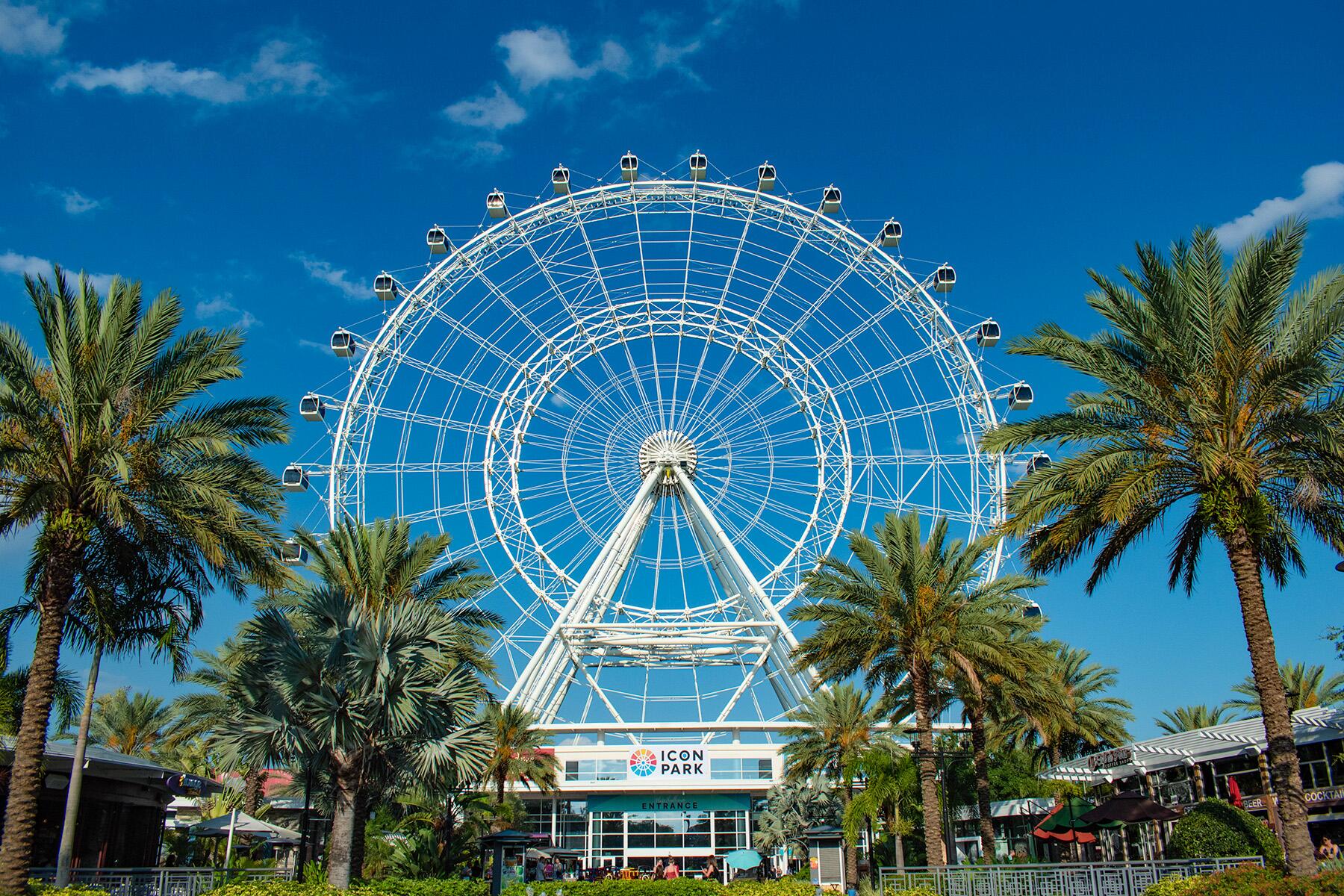

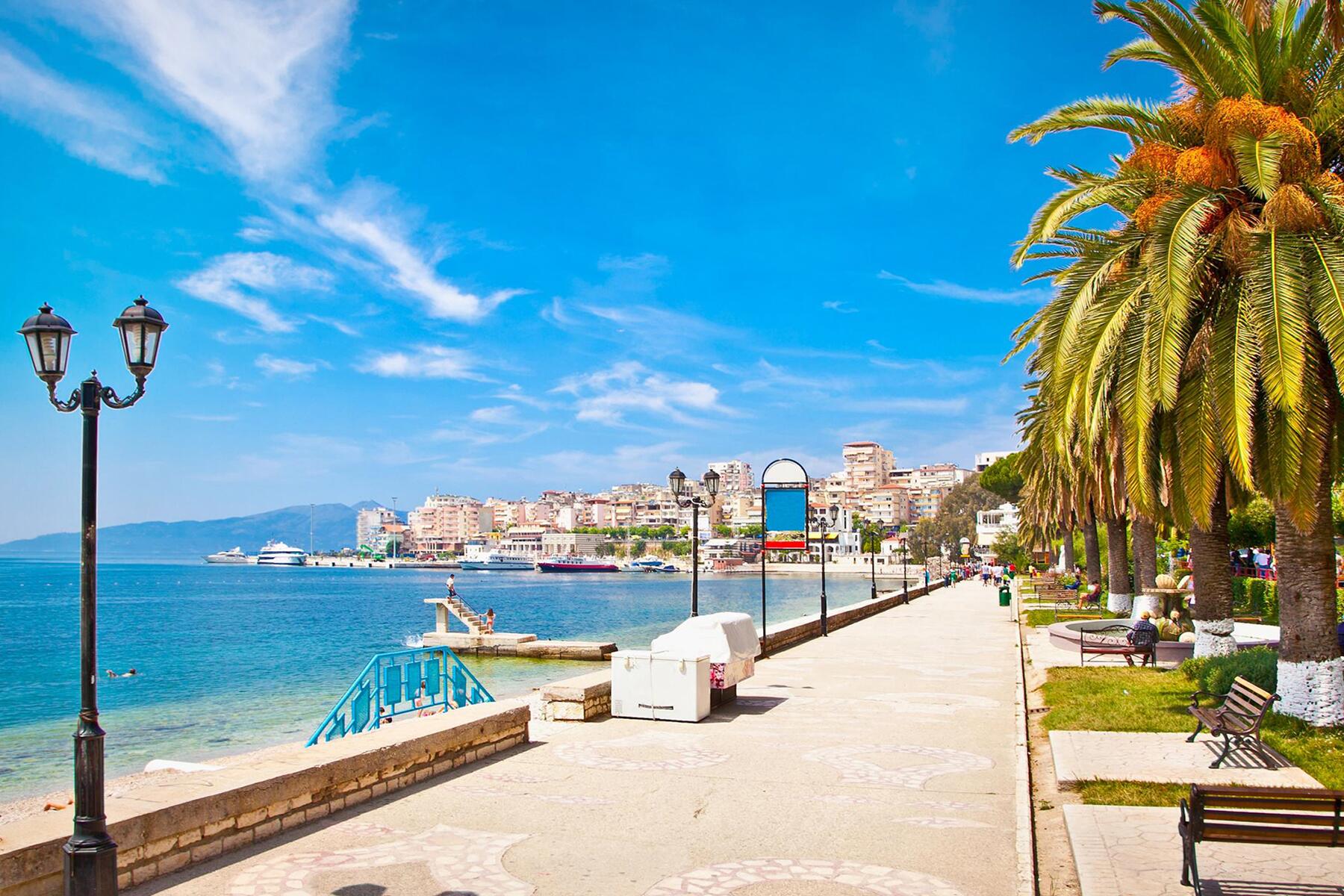
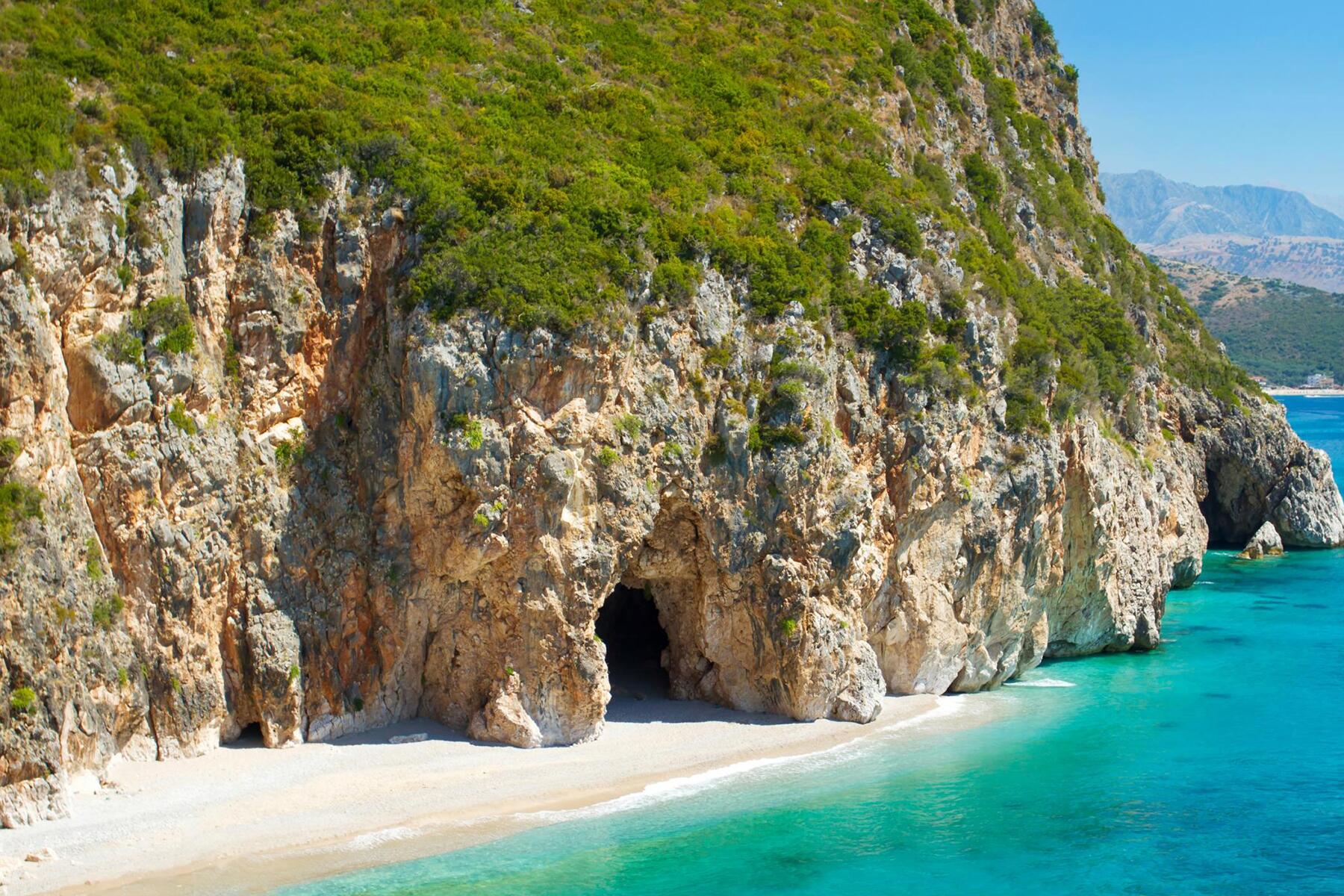


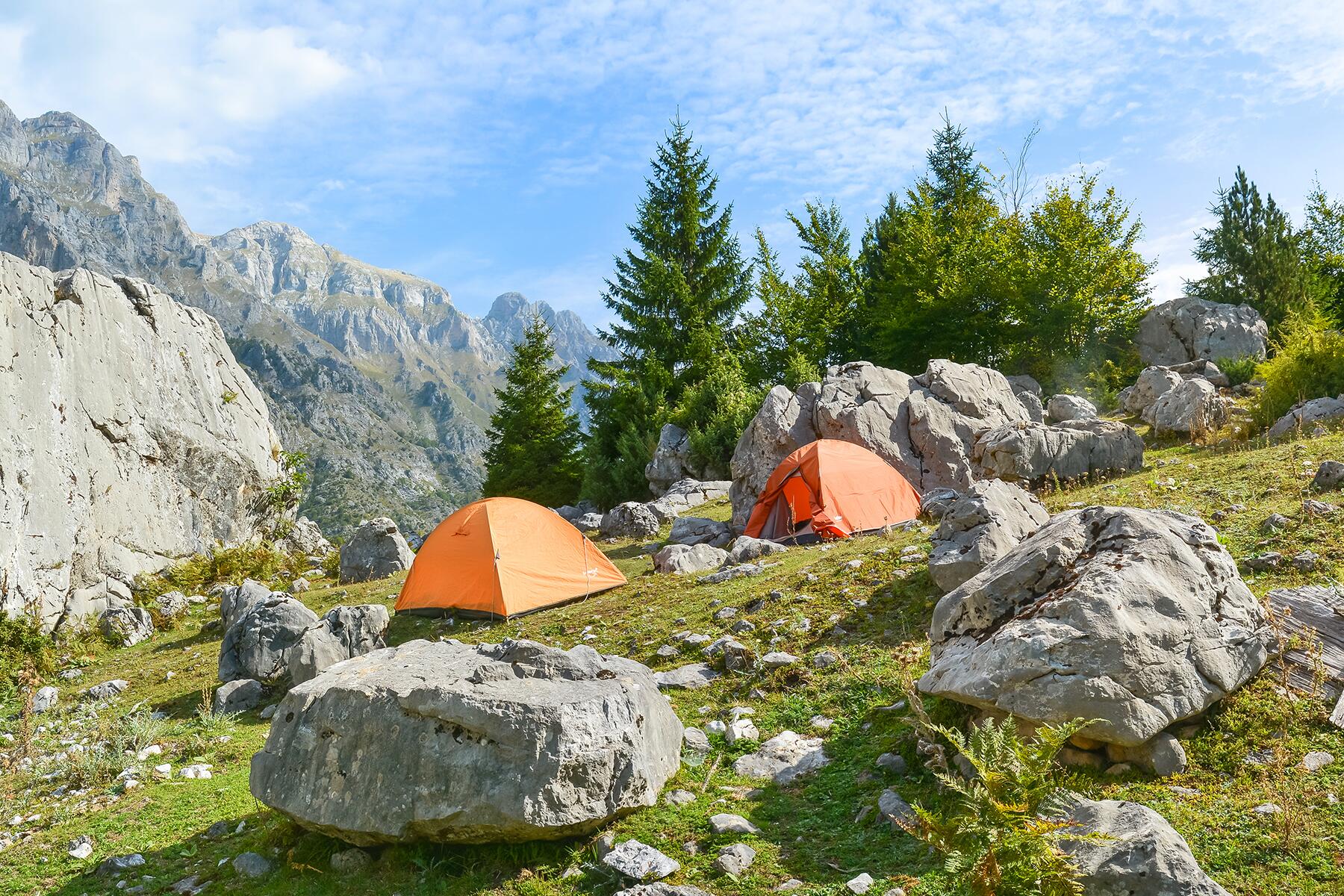
Thanks for the information, very nice article!.